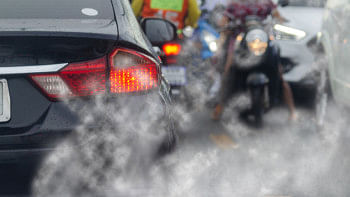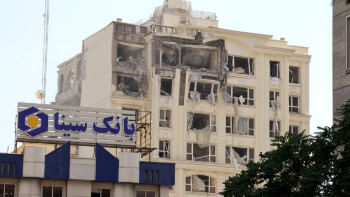Remove expired vehicles from the streets

It is unfortunate that the interim government's directive to remove unfit and outdated vehicles from the streets has received little response from the owners. Reportedly, in late October last year, the government decided to remove expired vehicles from the roads, setting a six-month deadline for compliance. In line with this directive, the Bangladesh Road Transport Authority (BRTA) issued a public notice announcing the removal of buses over 20 years old and trucks/covered vans over 25 years old from Dhaka city. Yet, with the deadline expiring by May, there has been minimal interest from owners in complying with the order.
According to the BRTA, over 75,000 buses, minibuses, trucks, covered vans, and tankers exceeded their operational lifespan across the country. One in five buses operated by private companies in Dhaka have no valid fitness certificate. These figures are deeply concerning as outdated and unfit vehicles contribute significantly to road accidents, environmental pollution, and overall chaos in the transport sector. A 2019 study revealed that motor vehicles account for 10.4 percent of air pollution in Dhaka, with most exceeding permissible emission limits. Therefore, the urgency of removing unfit vehicles cannot be overstated. However, the challenge lies in ensuring compliance from transport owners and workers.
During the Awami League's rule, we saw how similar removal initiatives failed due to pressure from transport owners' and workers' associations, which were largely controlled by AL-affiliated politicians. But now that a non-political government is in charge, we expect to see a positive change. The adviser to the Ministry of Road Transport and Bridges has stated that after the expiry of deadline, outdated vehicles found operating on roads will be seized and destroyed. But without the owners' cooperation, this will not be easy. The government must, therefore, move strategically.
While its offer to assist owners in securing bank loans for new vehicles is a step in the right direction, additional incentives may be needed to encourage compliance. Also, clear directives from the Bangladesh Bank regarding easy access to loans could further motivate owners to replace their old vehicles. Moreover, given how the transport sector is run, political support will be crucial. Since July, most transport associations have been controlled by BNP-linked leaders and activists. Therefore, support from the BNP leadership is essential for the success of this drive.
Over the decades, successive governments have made lofty promises to reform the transport sector, with little meaningful action. This time, we expect concrete results. The interim government must not fail to deliver on this crucial issue.


 For all latest news, follow The Daily Star's Google News channel.
For all latest news, follow The Daily Star's Google News channel. 










Comments